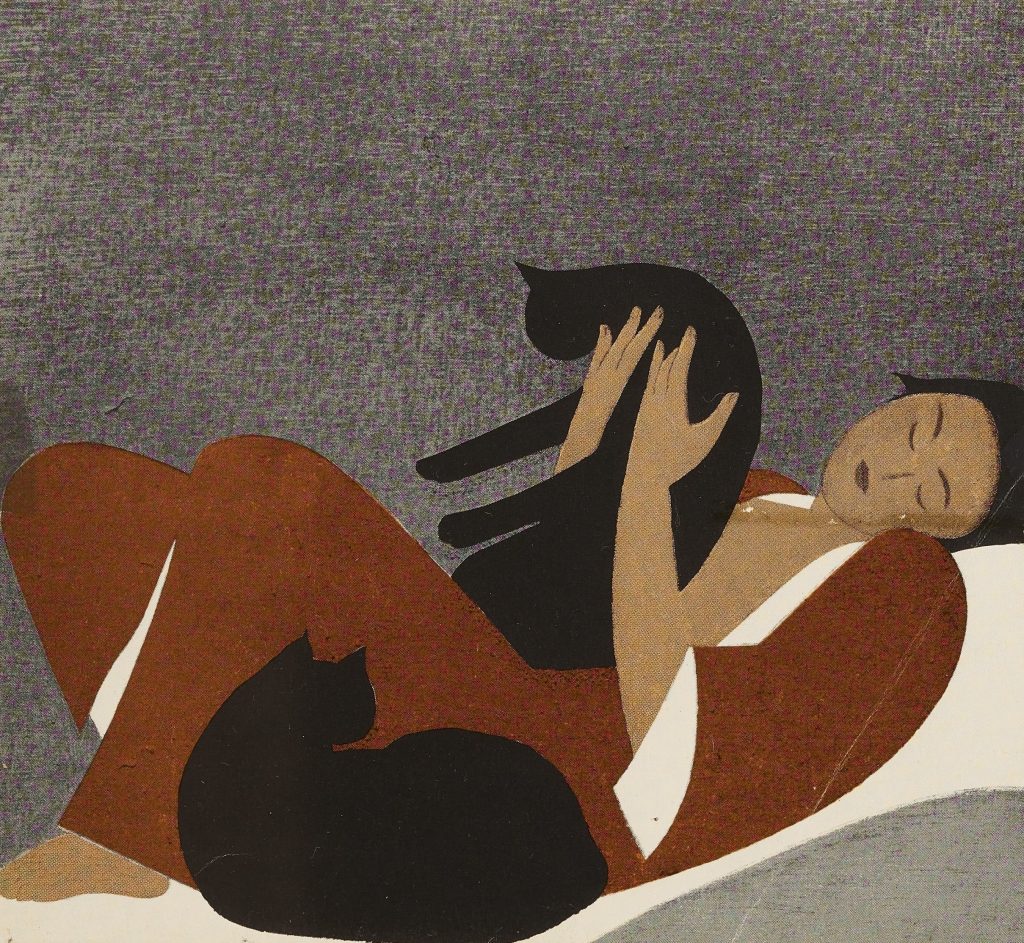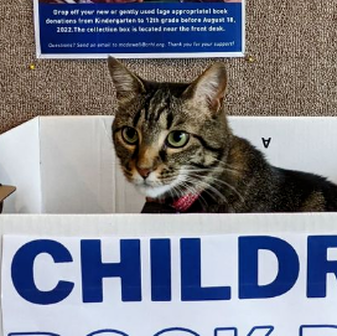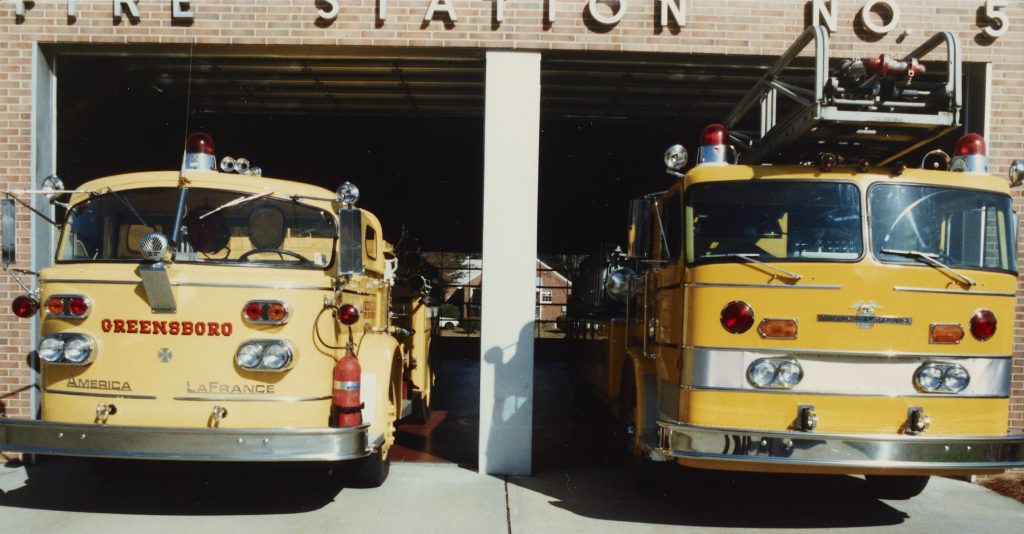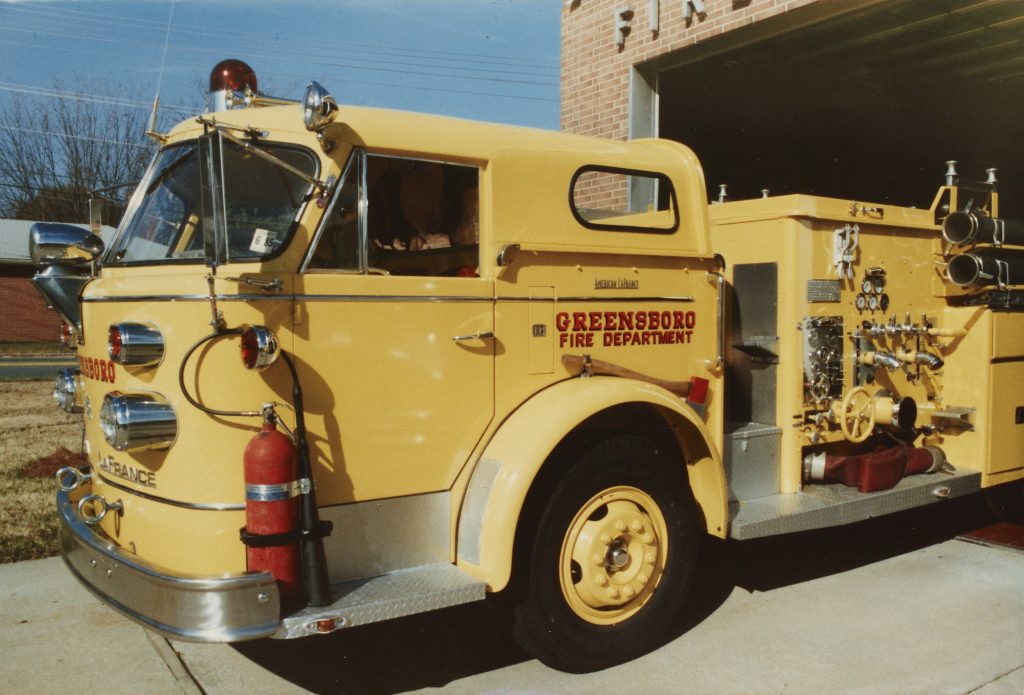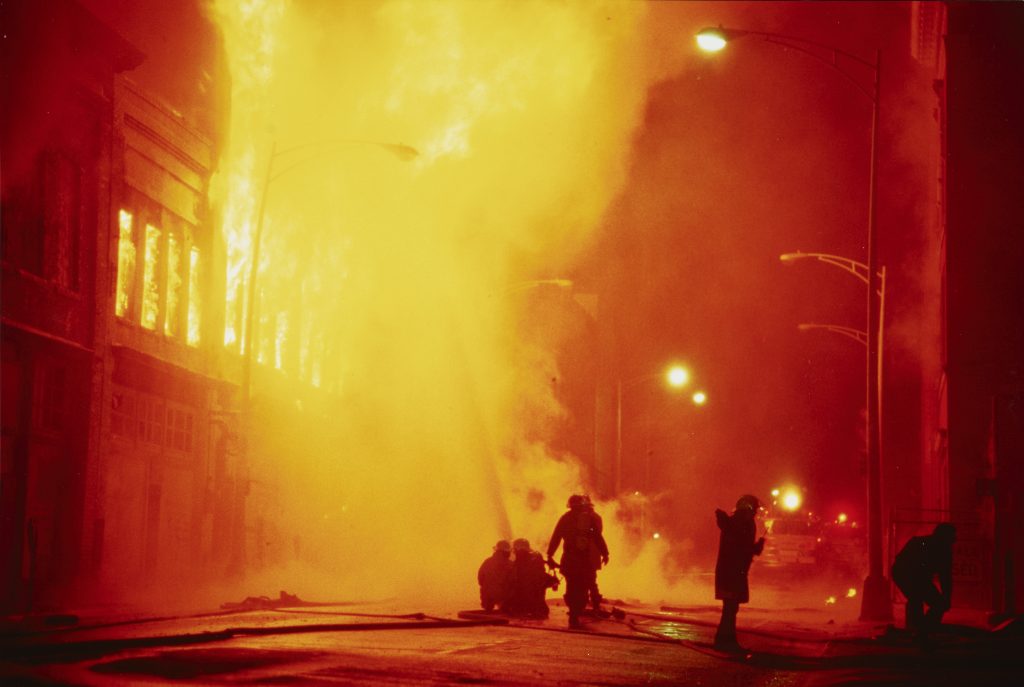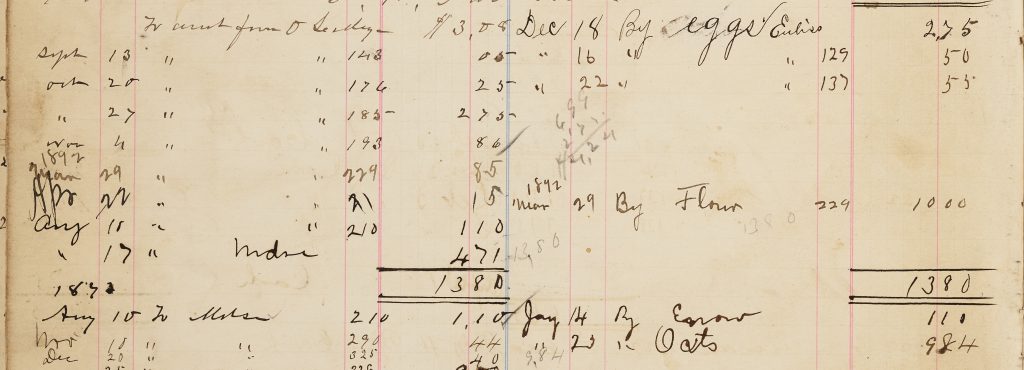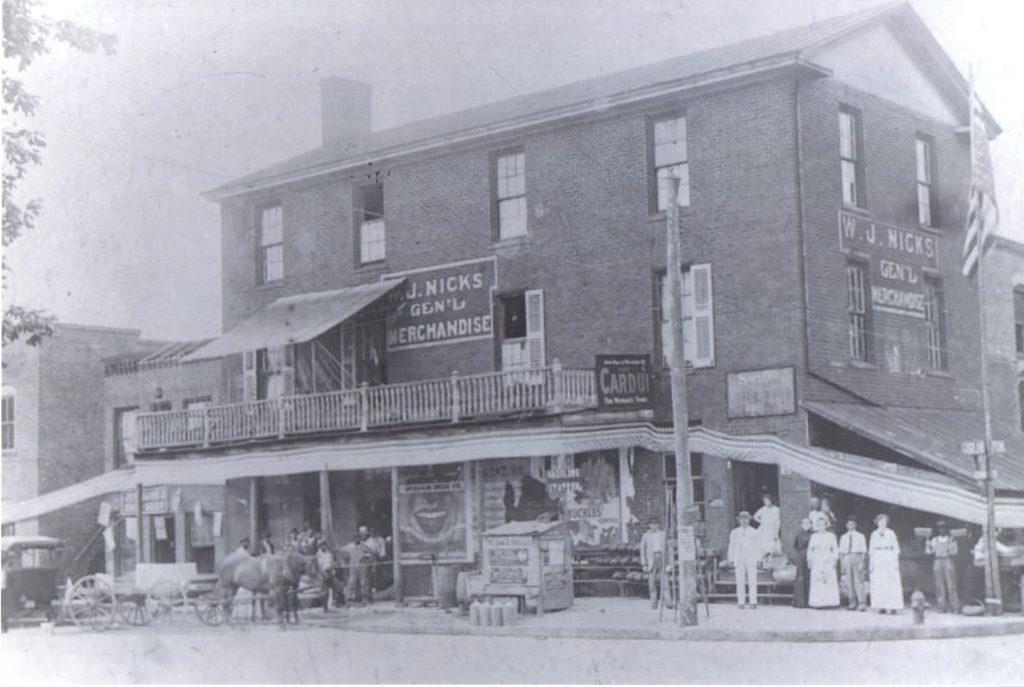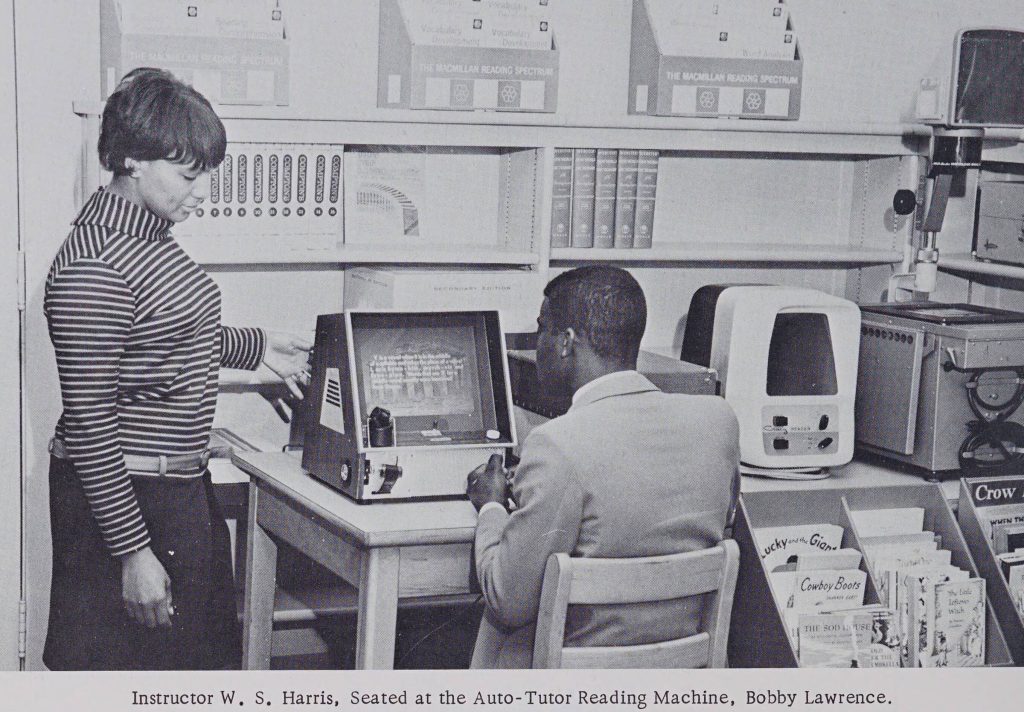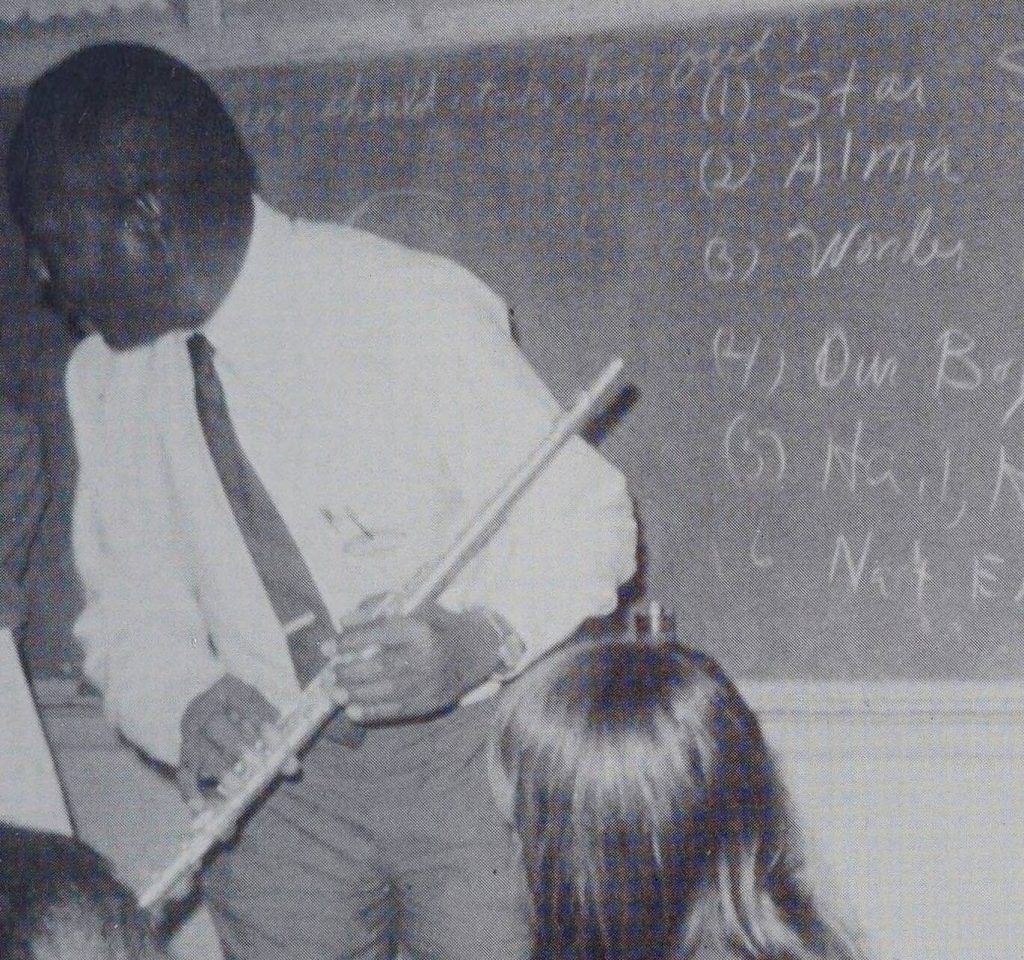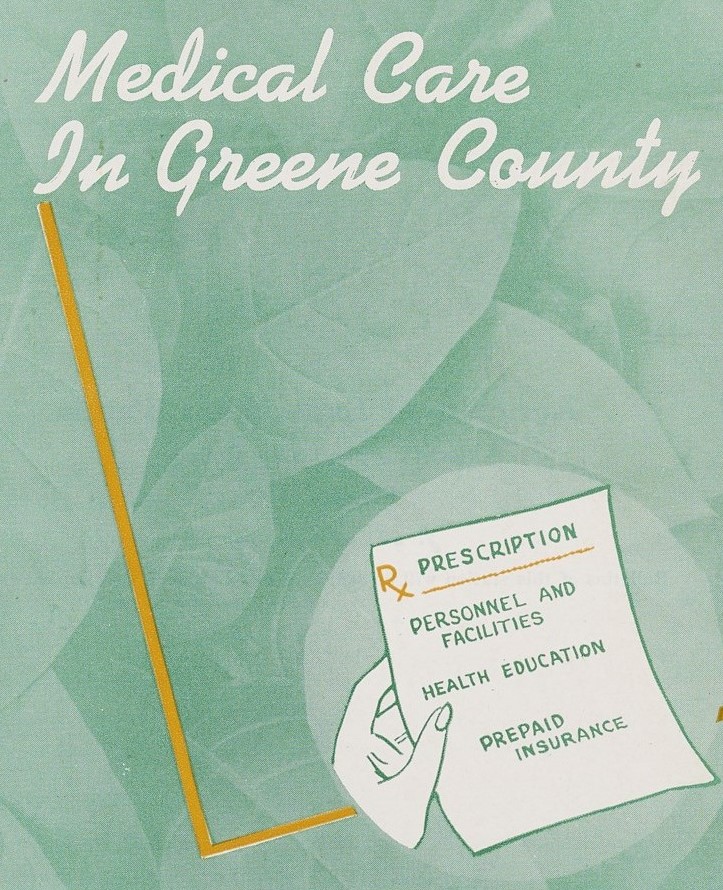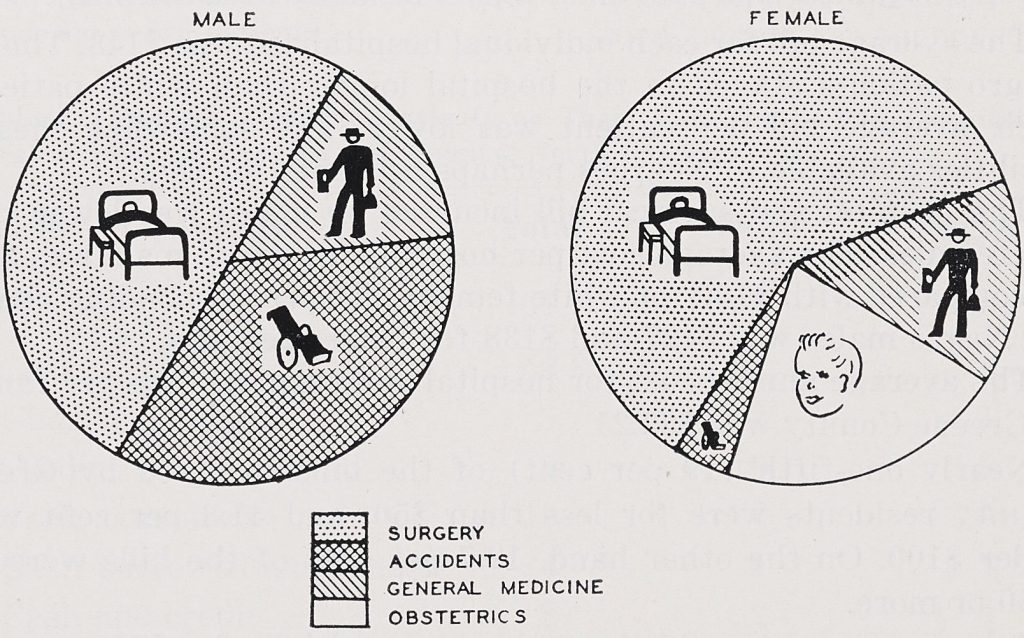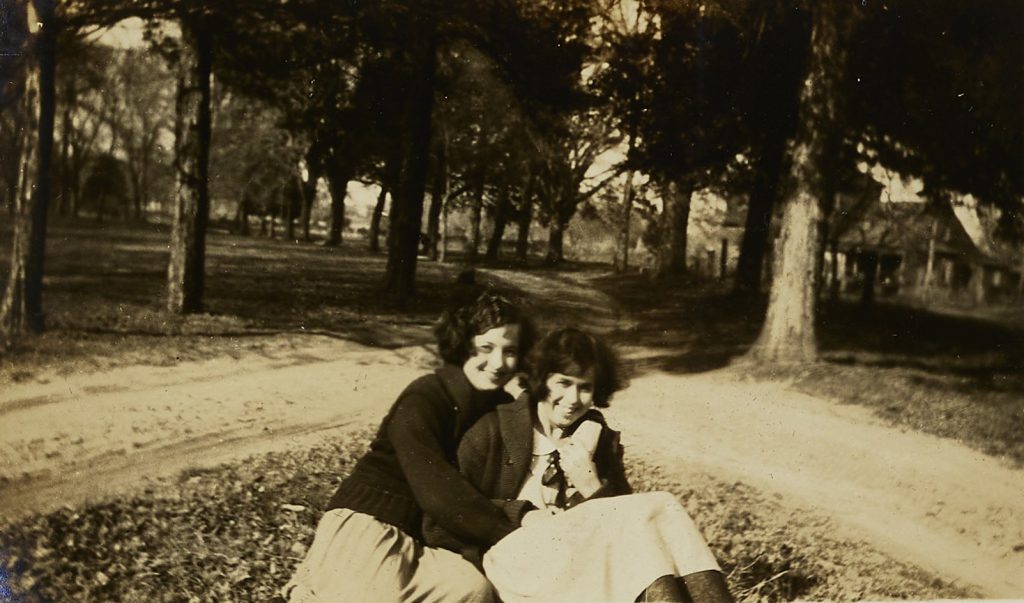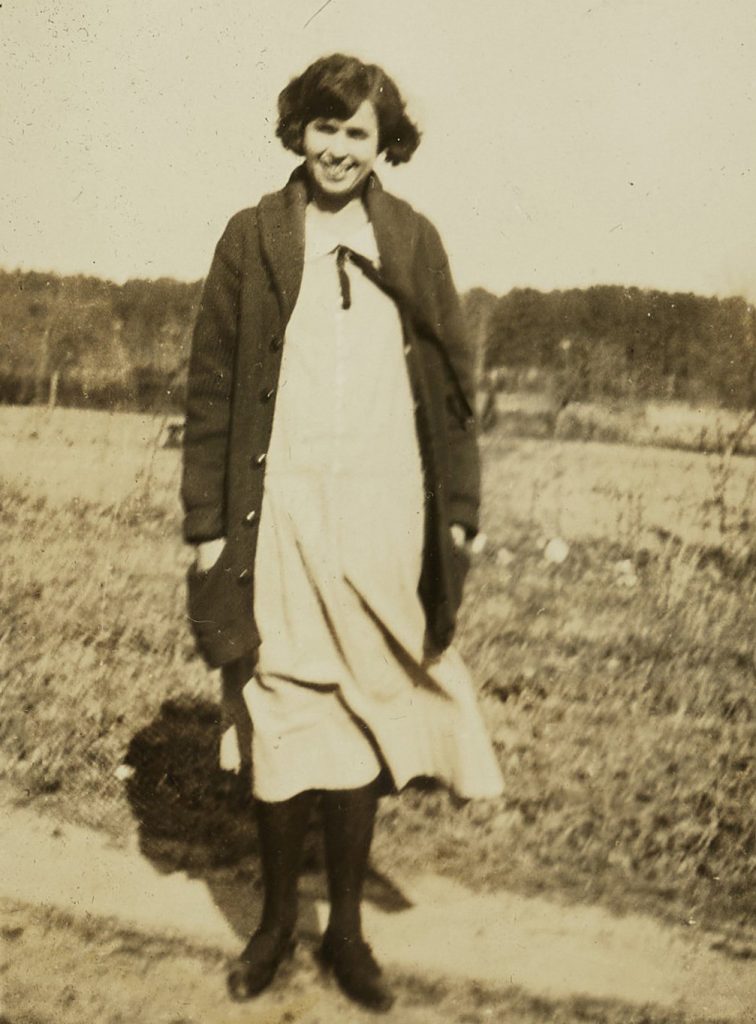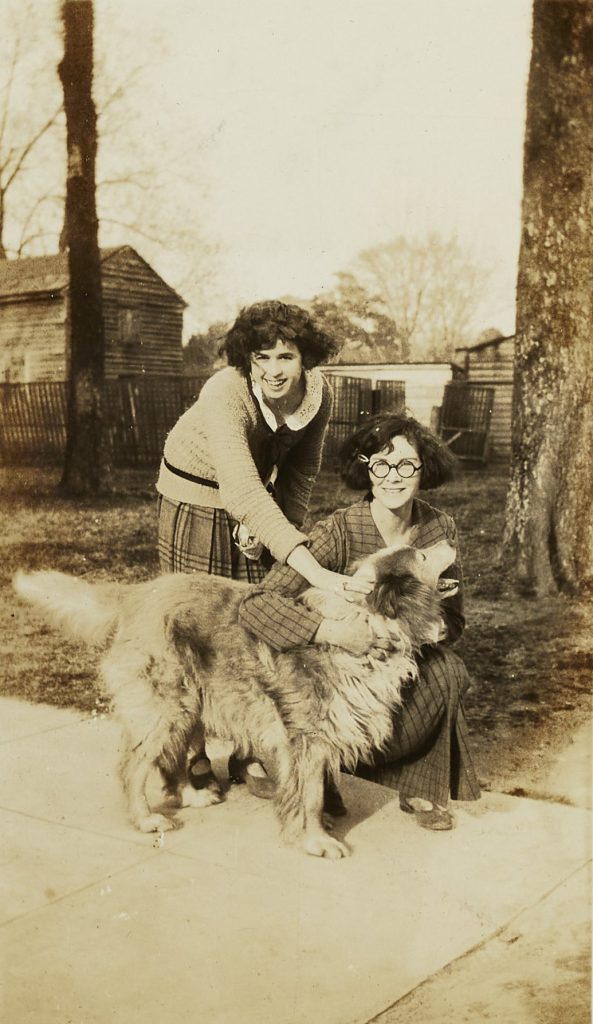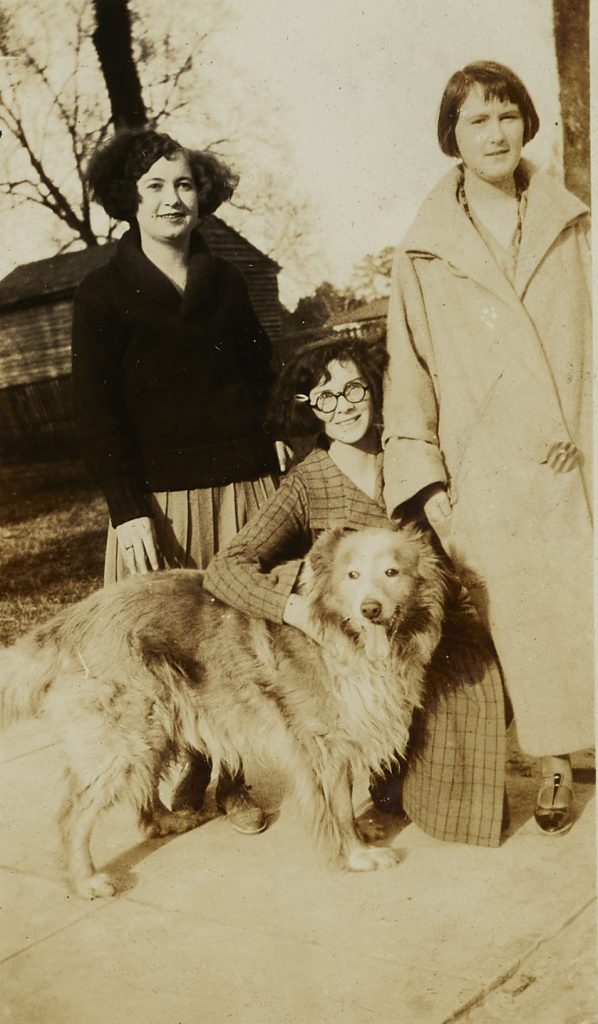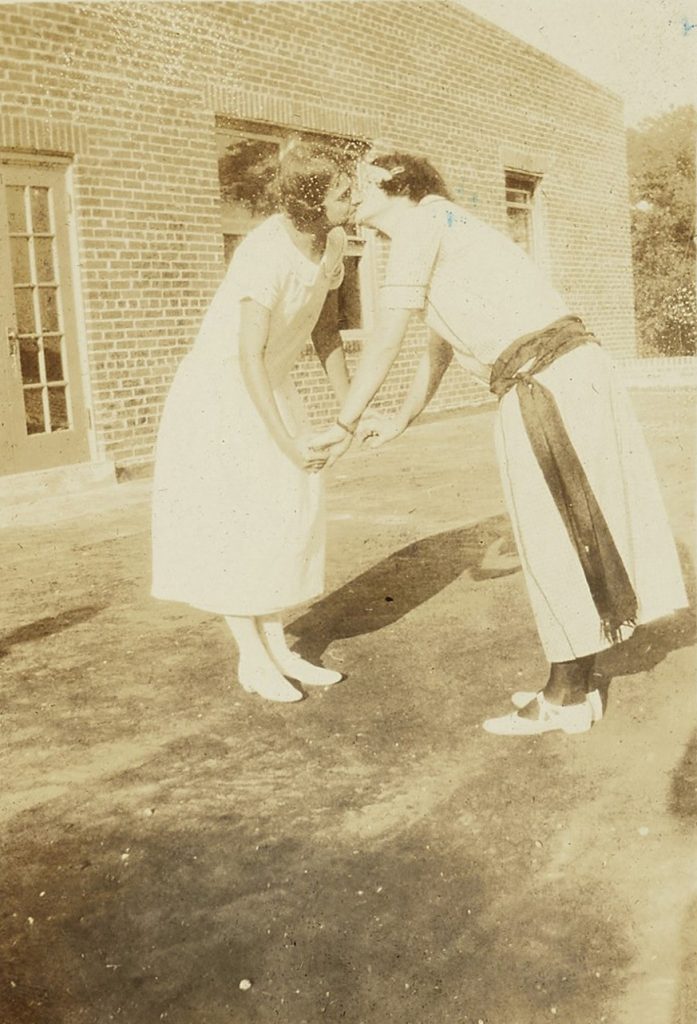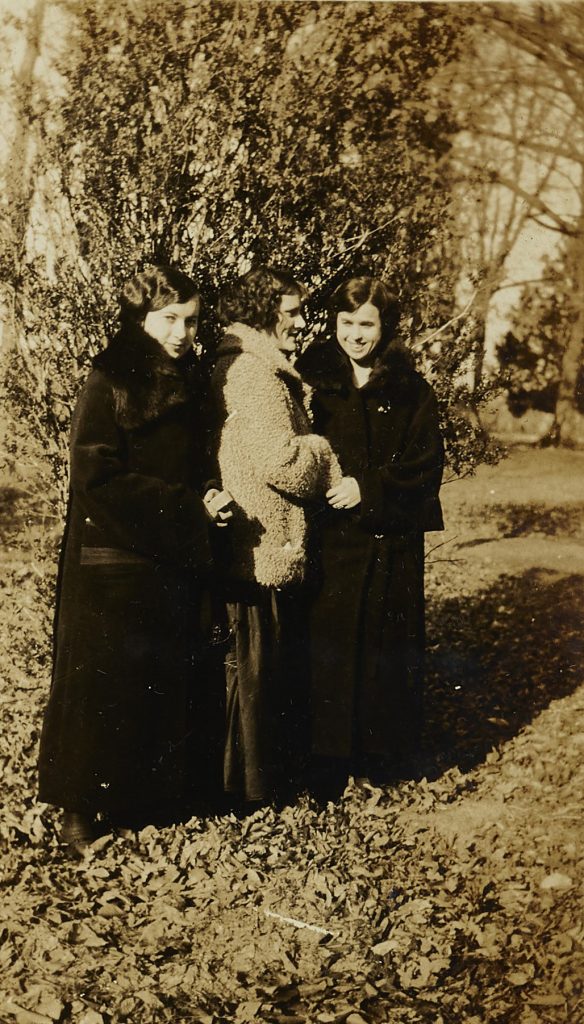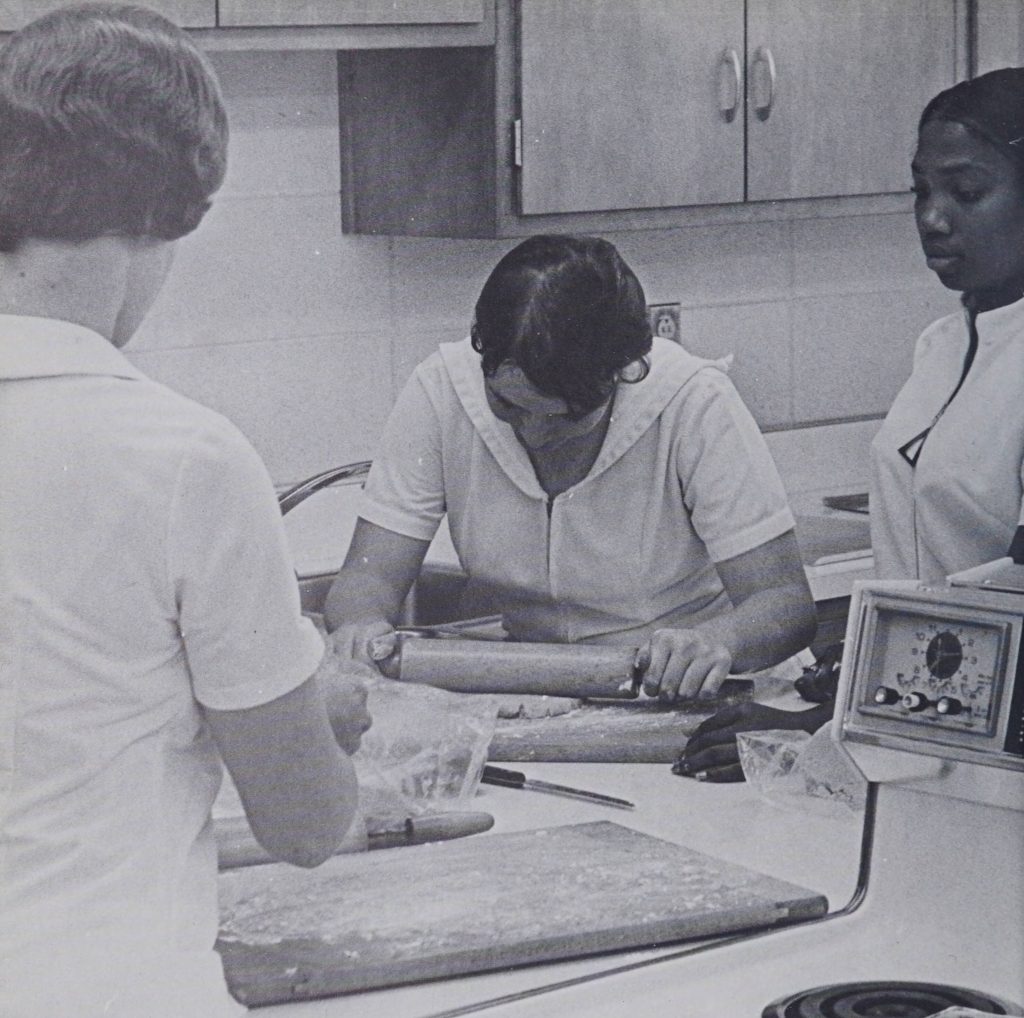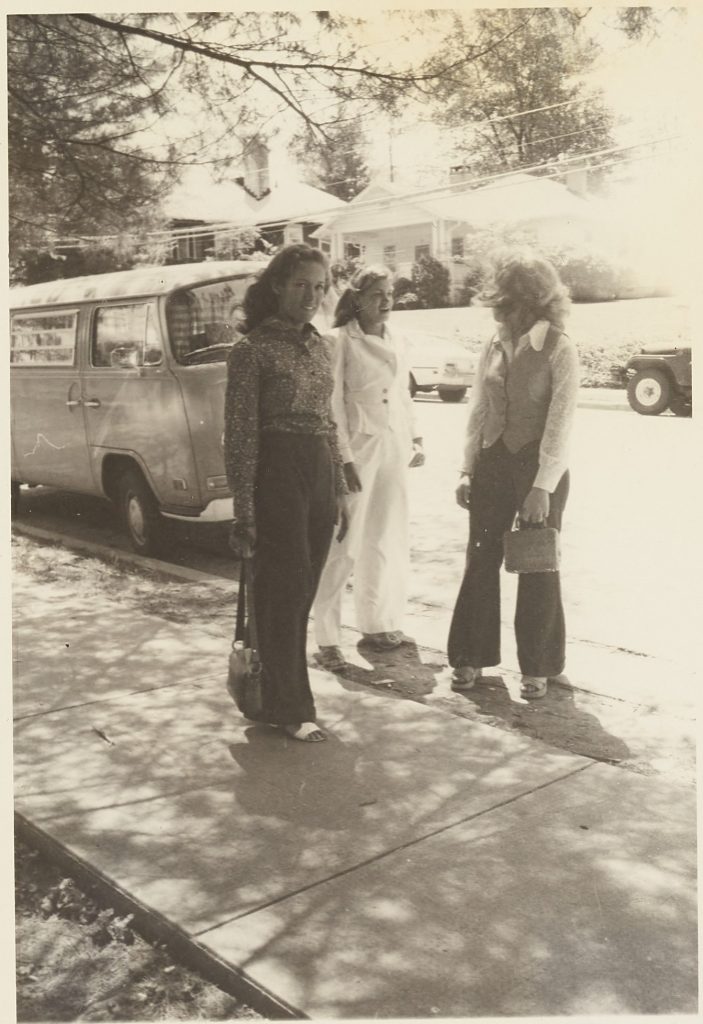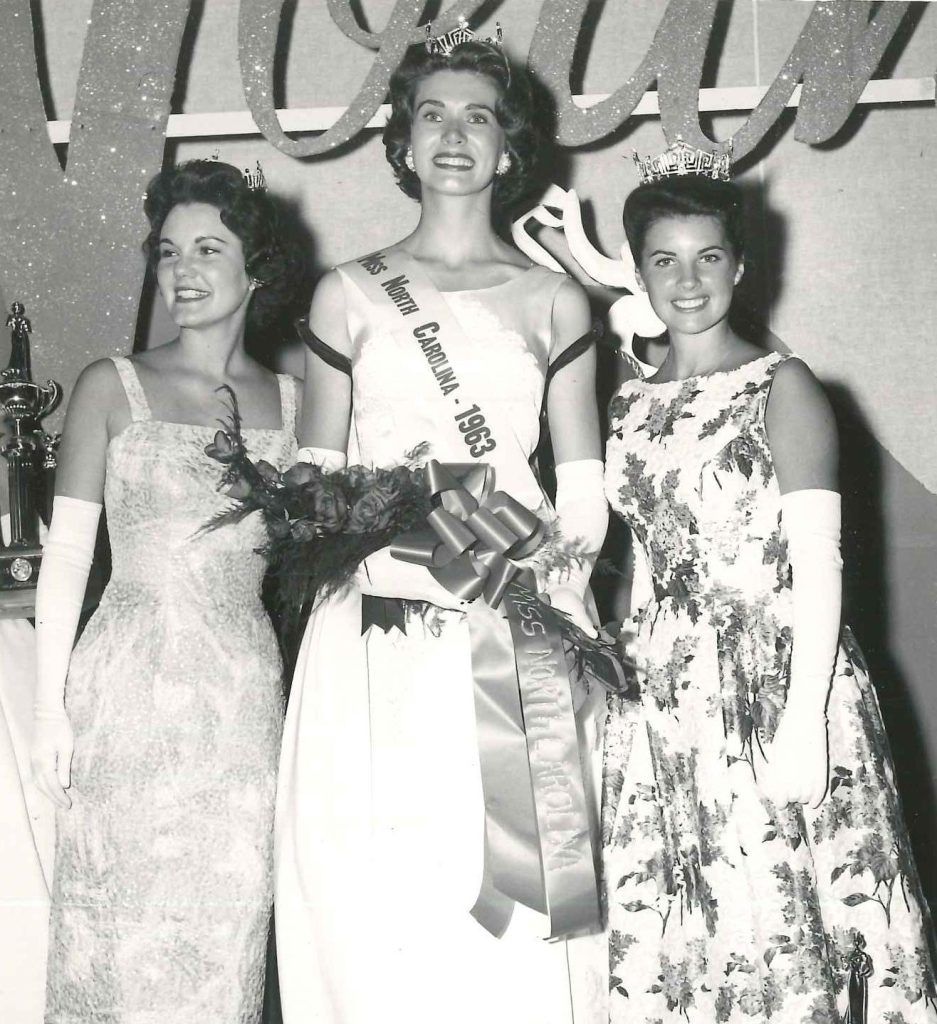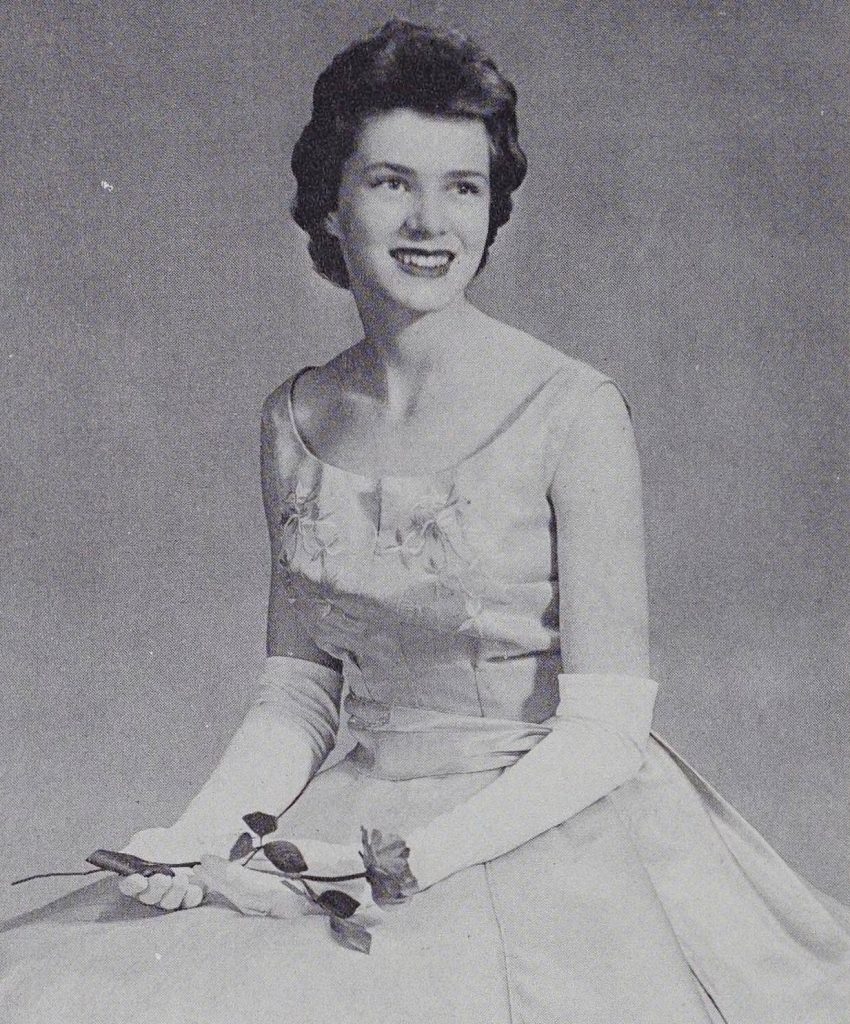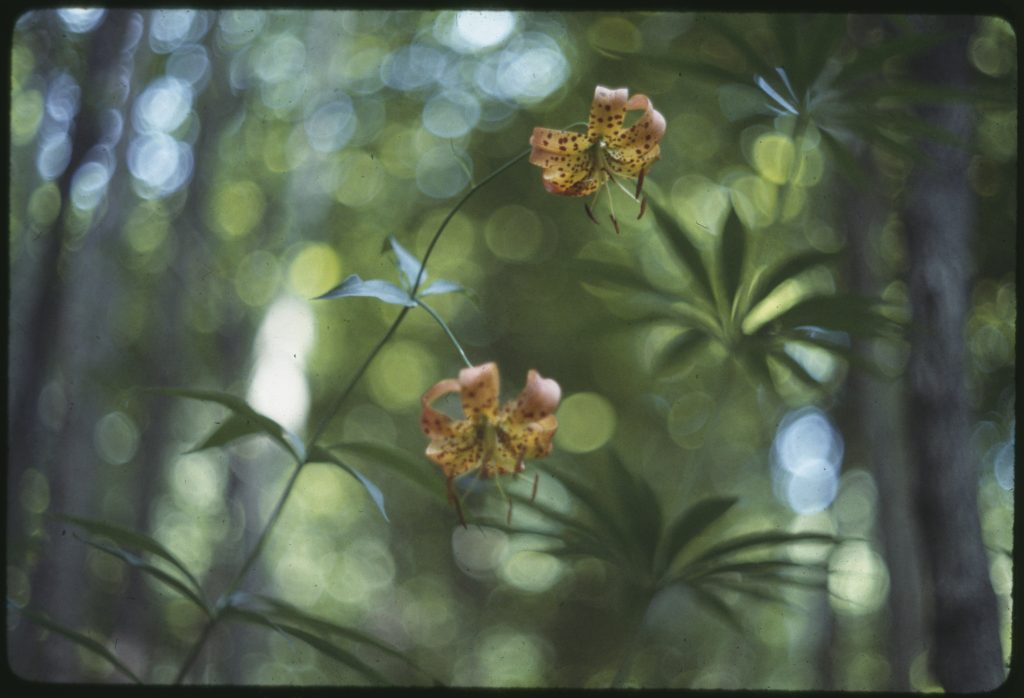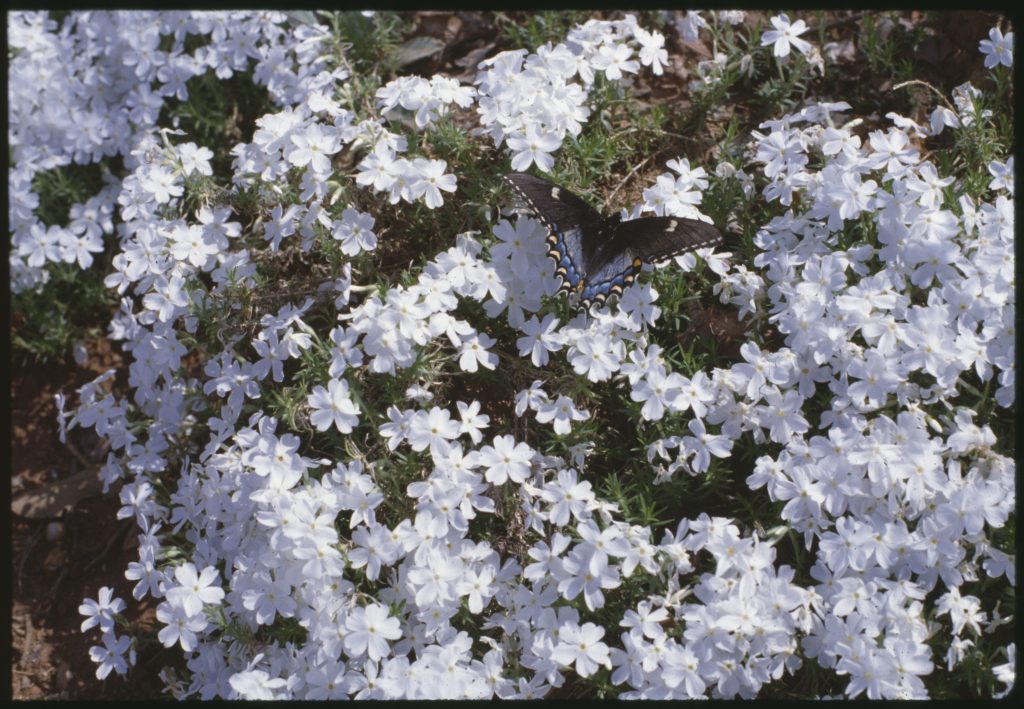Thanks to our newest partner, McDowell Arts Council Association (MACA), a batch containing booklets of poetry by Howard R. McCurry and Alice Koonts Ostrom; script for Voices in the Wind by Billy Edd Wheeler, MACA scrapbooks spanning 1972 through 1987, and more are now available to view on DigitalNC!
Founded by community members in 1972, MACA provides accessible art experiences to all residents while also promoting and preserving cultural life in McDowell County. The Association is a member of the North Carolina Arts Council (an agency of the NC Department of Natural and Cultural Resources), which supplies people of the state a network of resources, grants, and county partners. Today, MACA offers events and programs such as classes for various forms of art; plays and musical performances; community band concerts; local artist markets, and more. The materials in this batch, however, give us a glimpse into their 50+ year history of support, art, and work in McDowell County.

Beginning with their inaugural year to 1987, the two MACA scrapbooks offer the most insight into the Association’s history. They feature founding documentation, photographs from different shows, newspaper clippings, correspondence, and—of course—art in various forms! One of these works of art is Will Barnet’s lithograph, Woman and Cats (seen above). The work served as the cover art for an invitation to the NC National Bank’s Graphics and Watercolors traveling exhibition which included several works by North Carolina artists.
Literary art is also heavily featured throughout this batch in the booklets, scrapbooks, and magazine issues. Complimentary to Barnet’s Woman and Cats lithograph, Edward Smith and Archie McPeter’s poem “Cat,” can be found in MACA Musings: McDowell County Poetry Spring Festival [1974]. The booklet is a collection of poems that were selected by the Written Arts Department of the McDowell Arts and Crafts Association (now MACA) as the best efforts of submitted poetry to a contest that was held in May 1974.
Keeping with the cat theme, we felt it important to mention that MACA’s head of security and official greeter is a cat that goes by the name Biscuit (pictured left).
Information about MACA and photograph of Biscuit were taken from MACA’s website, linked here.
To learn more about MACA, visit their website by clicking the link here.
To view more materials from McDowell County, visit our McDowell County page linked here.
